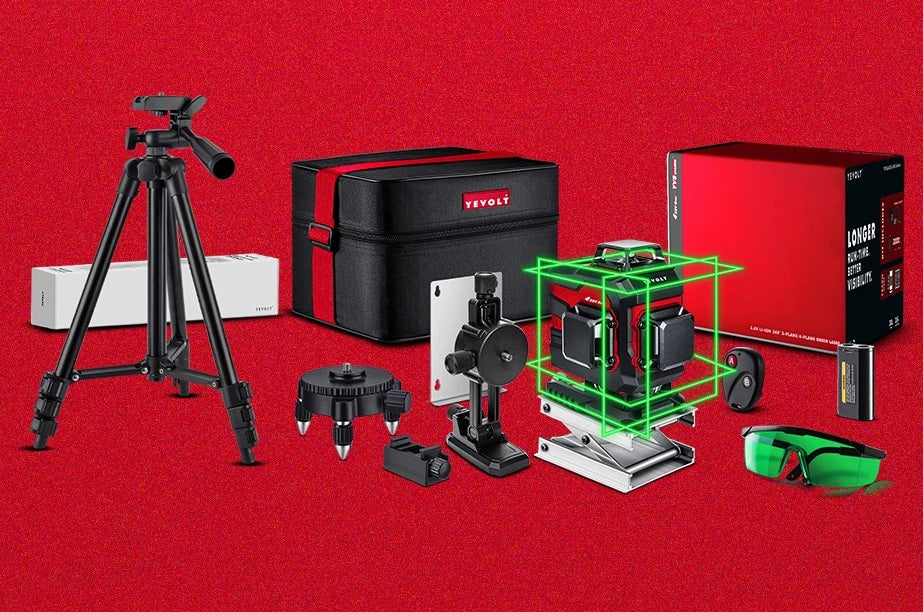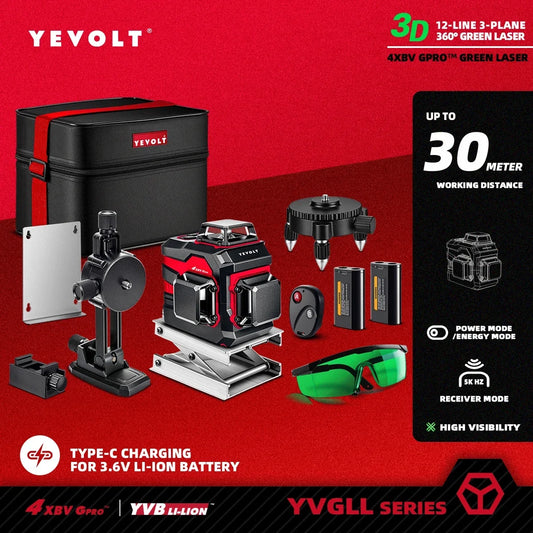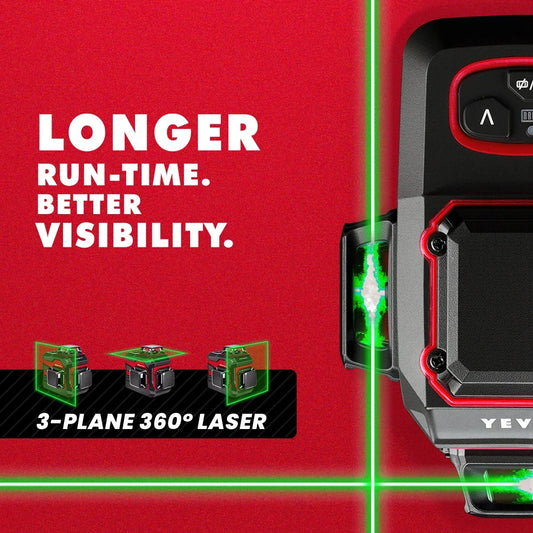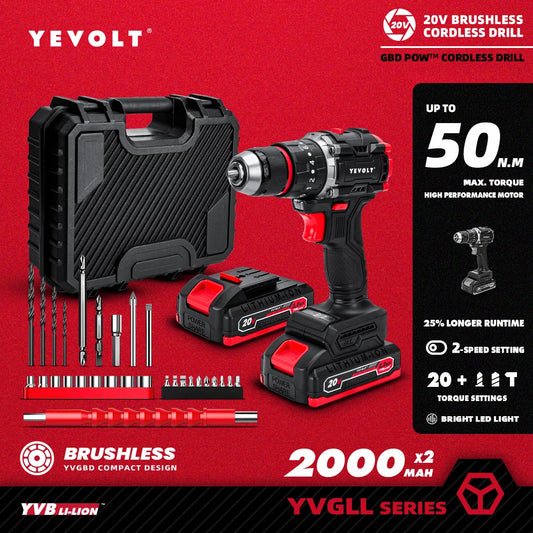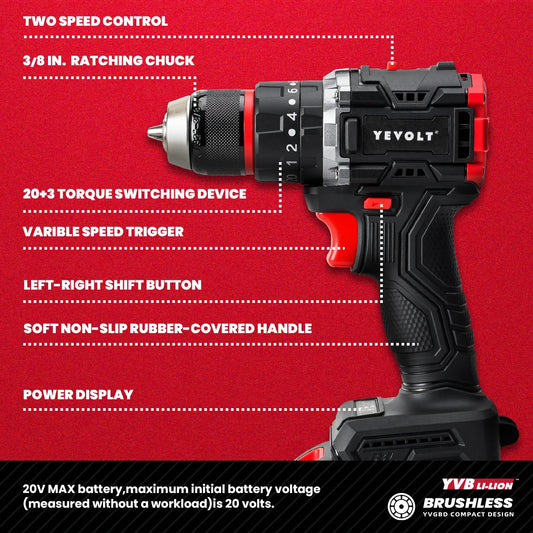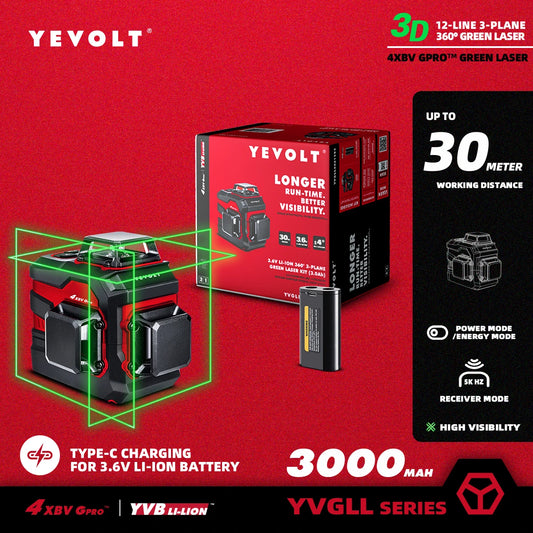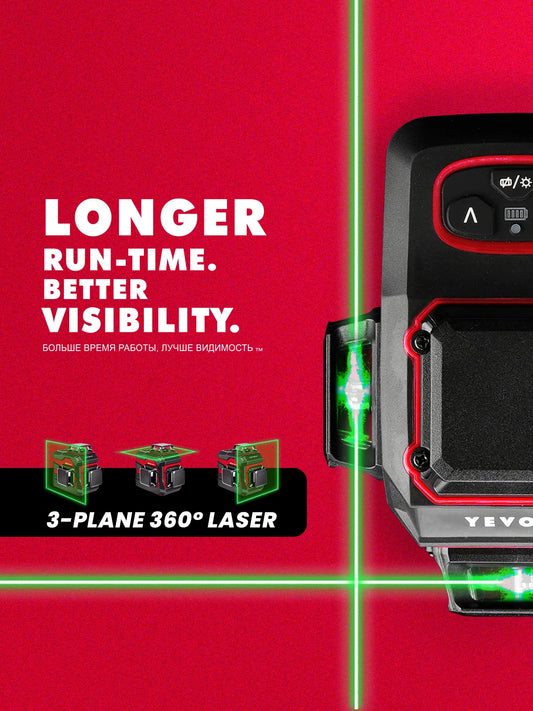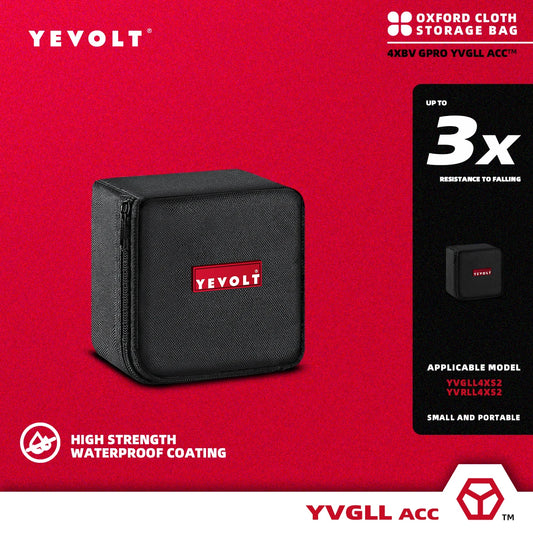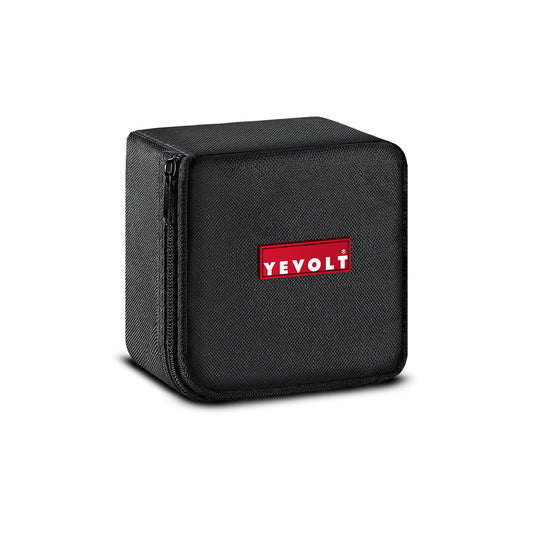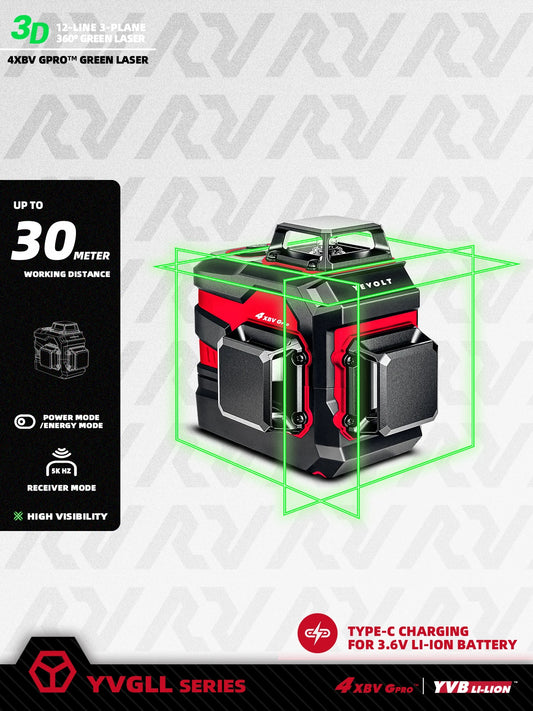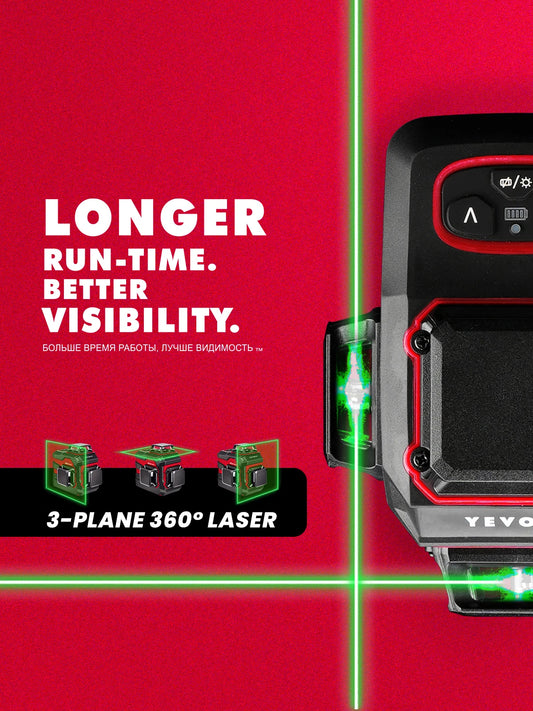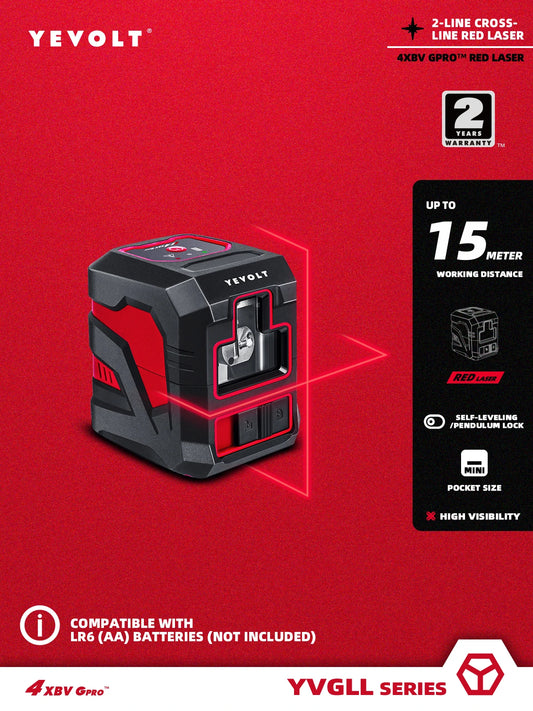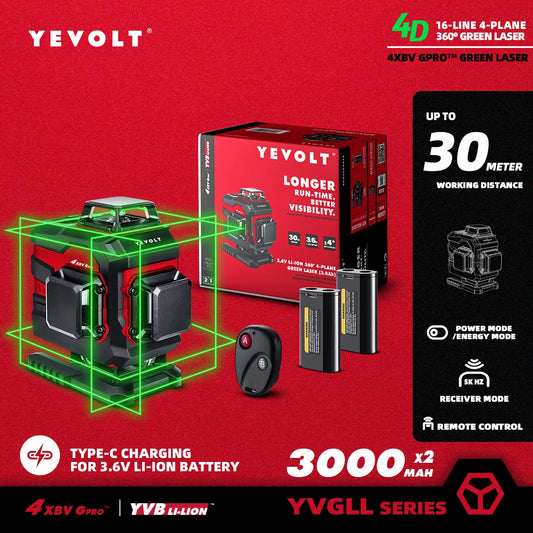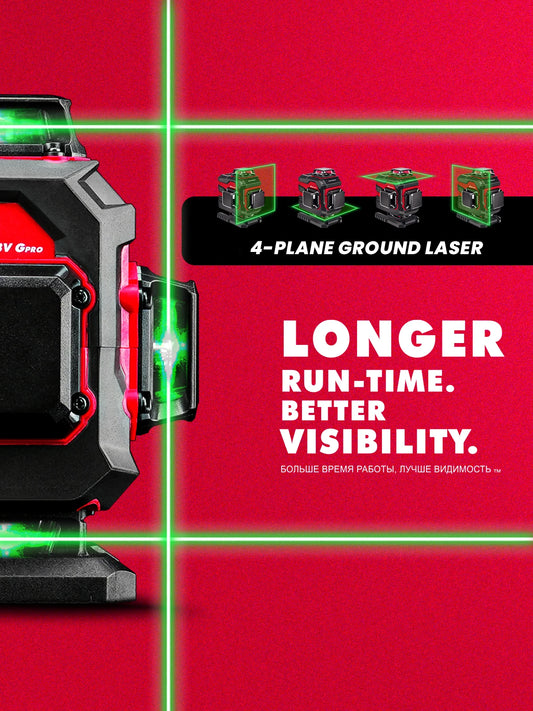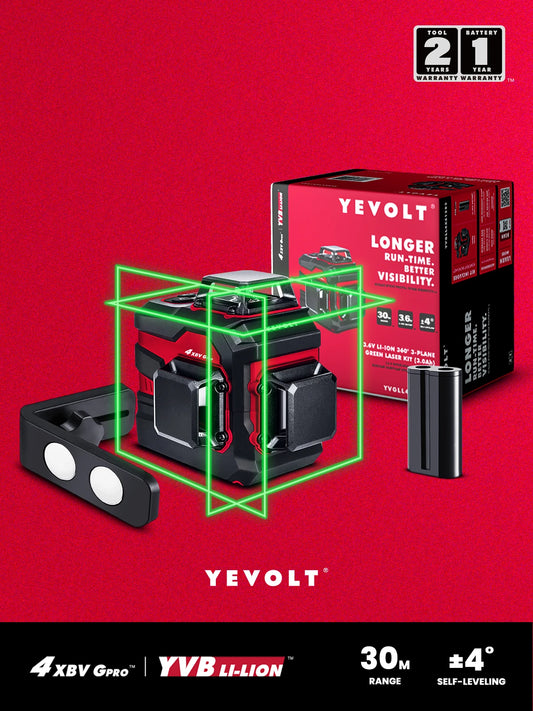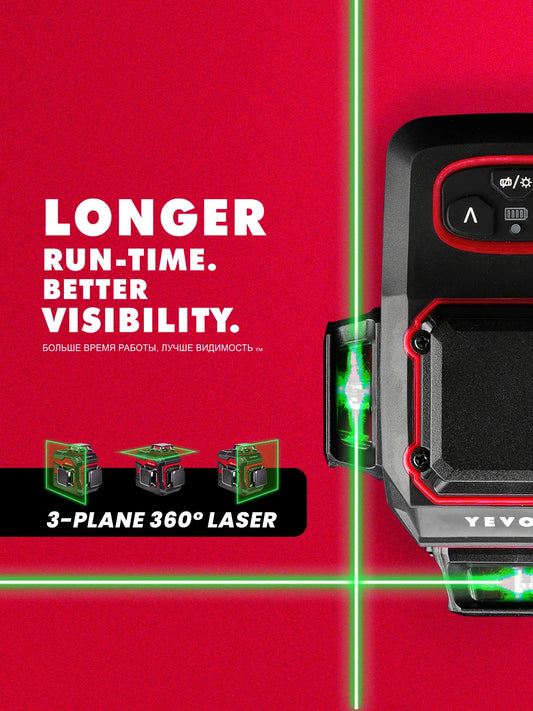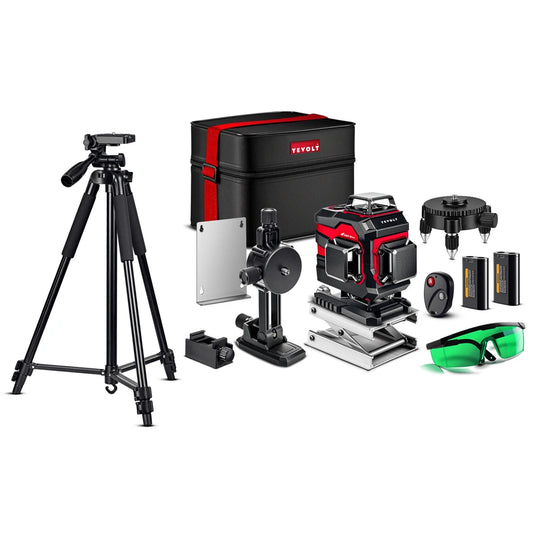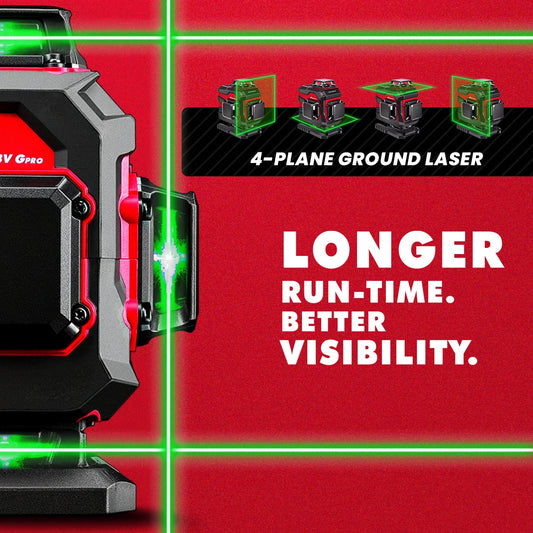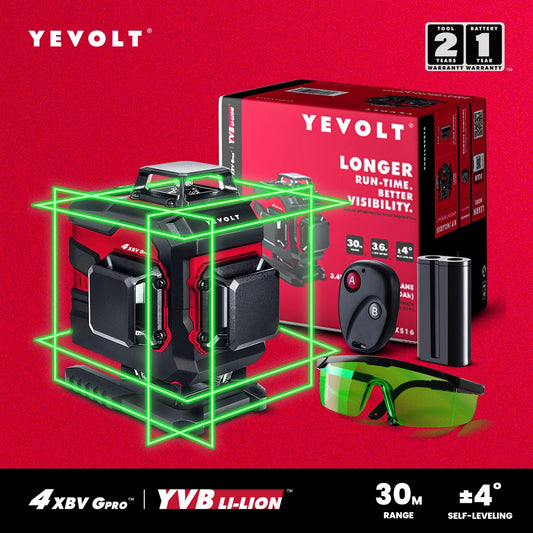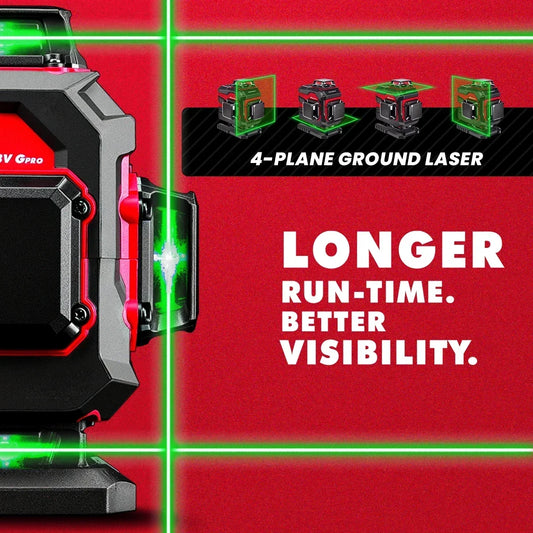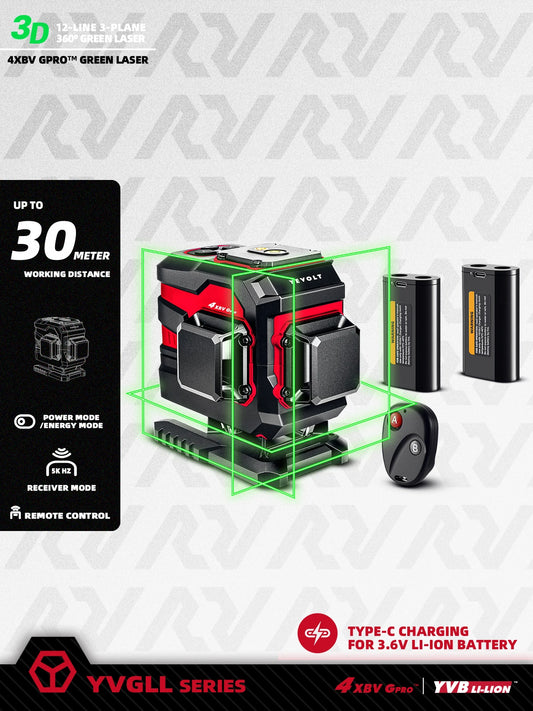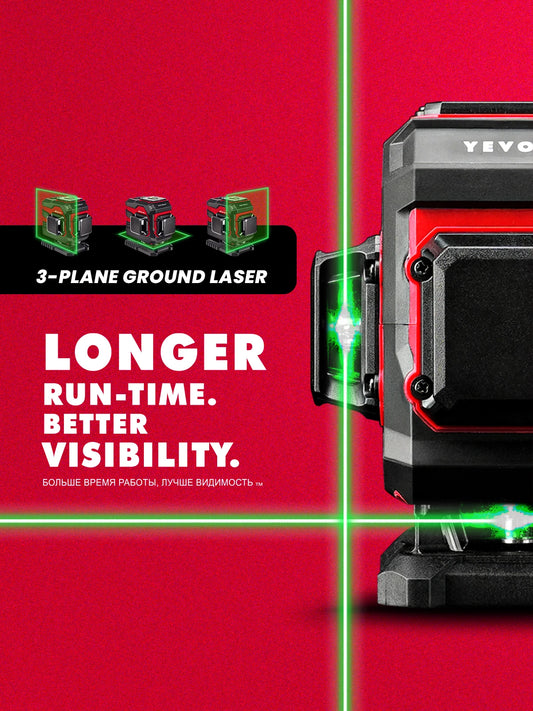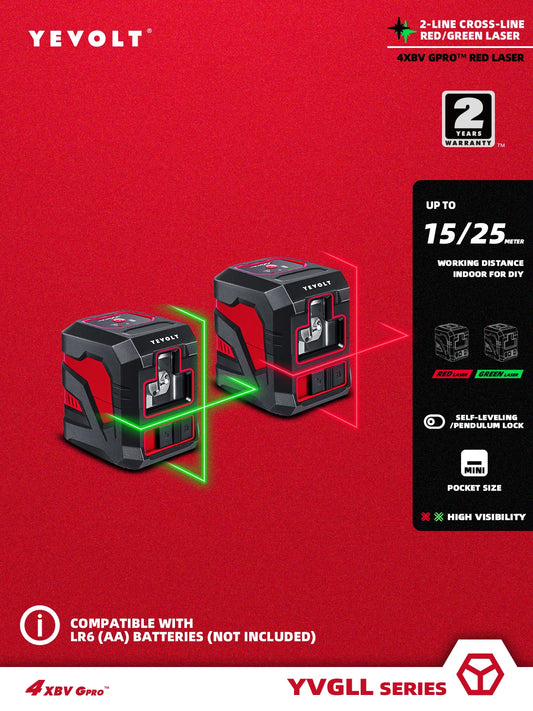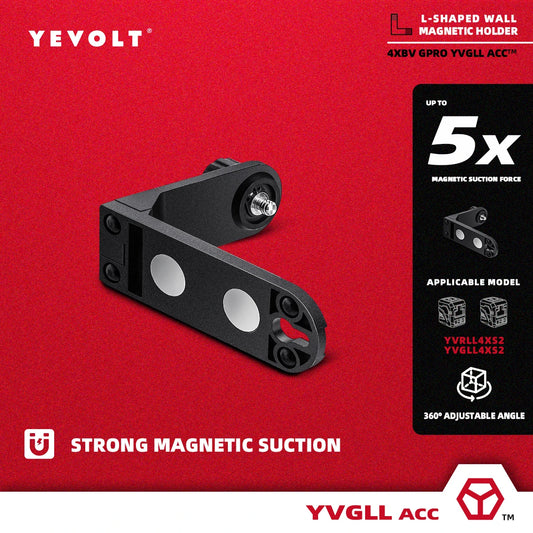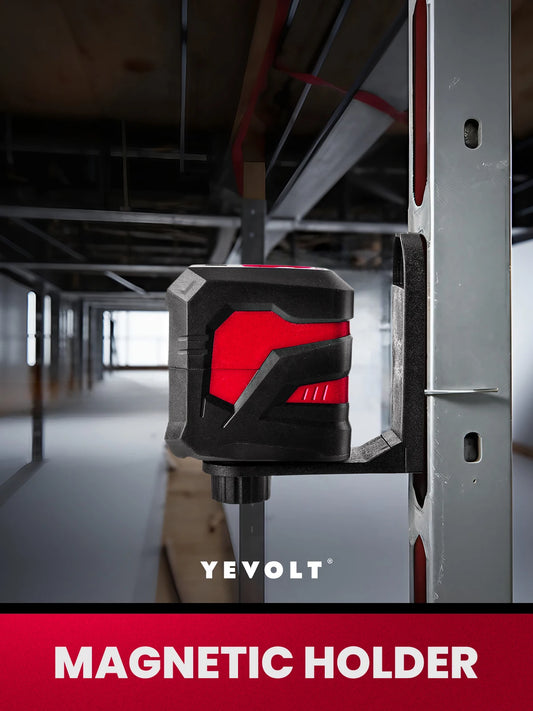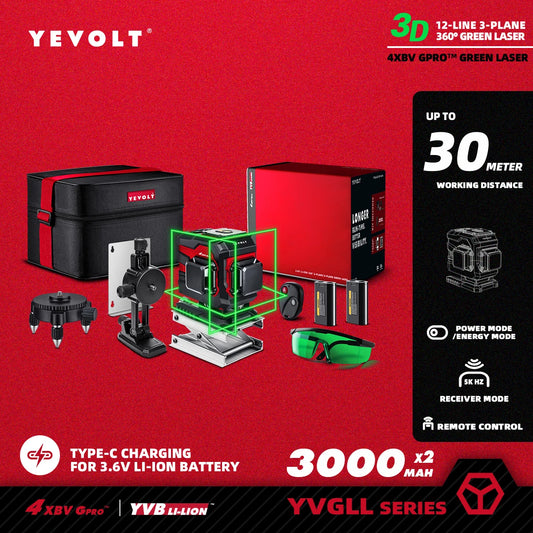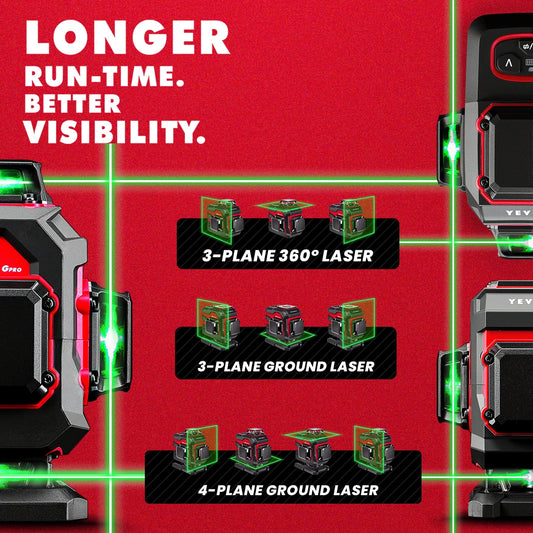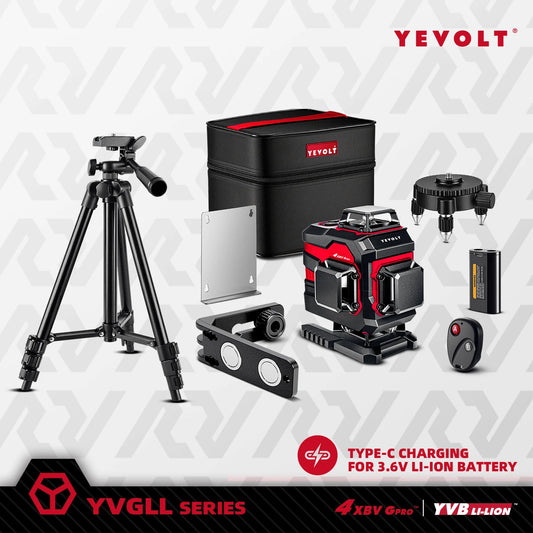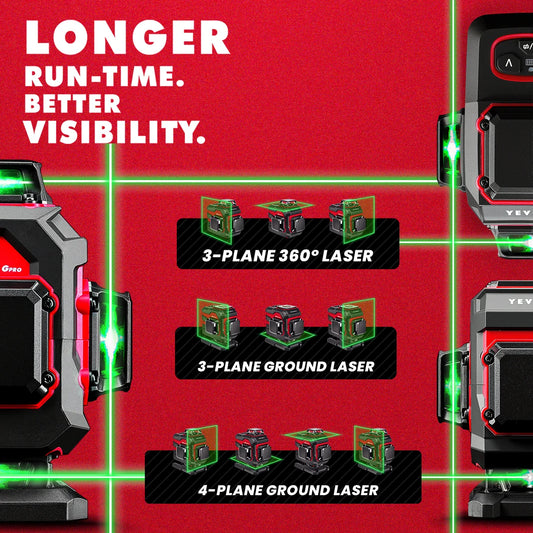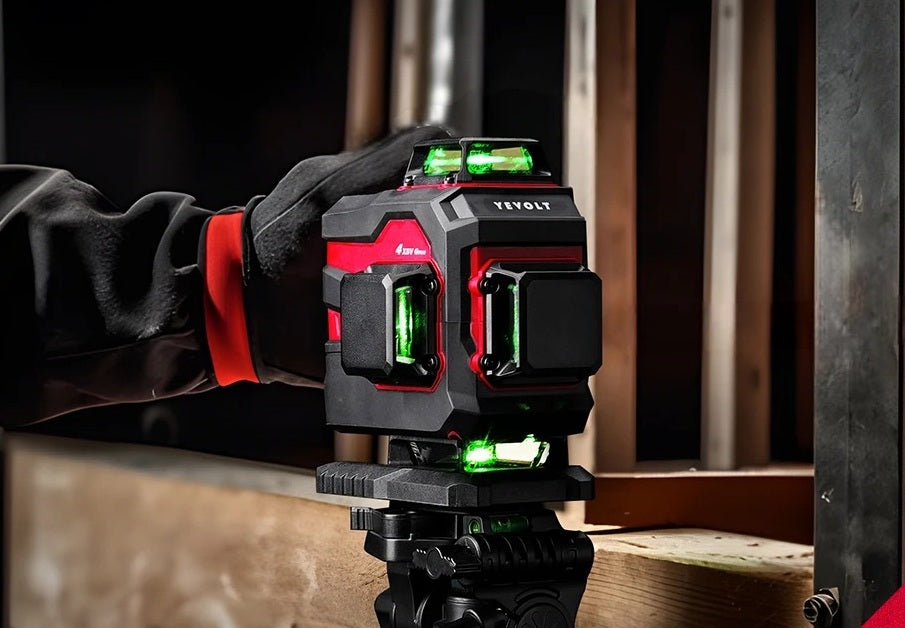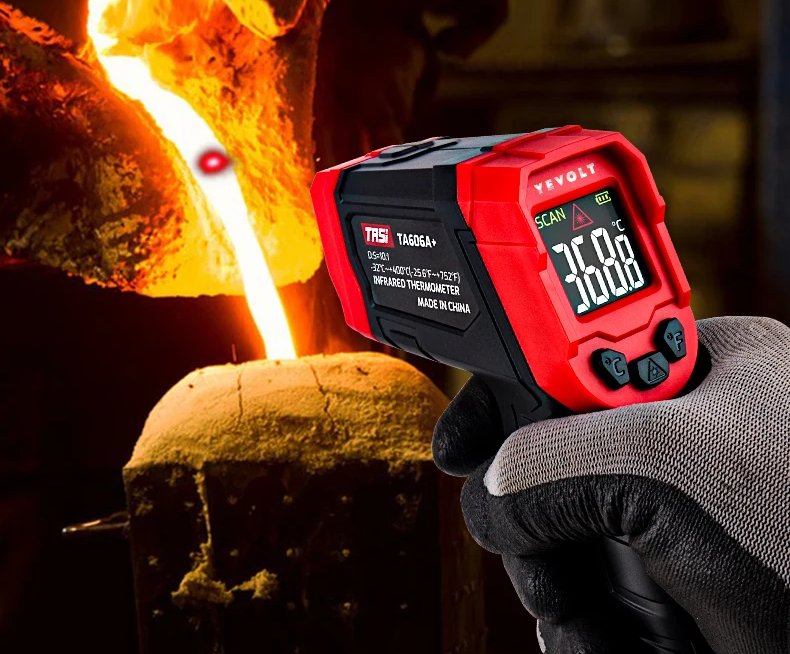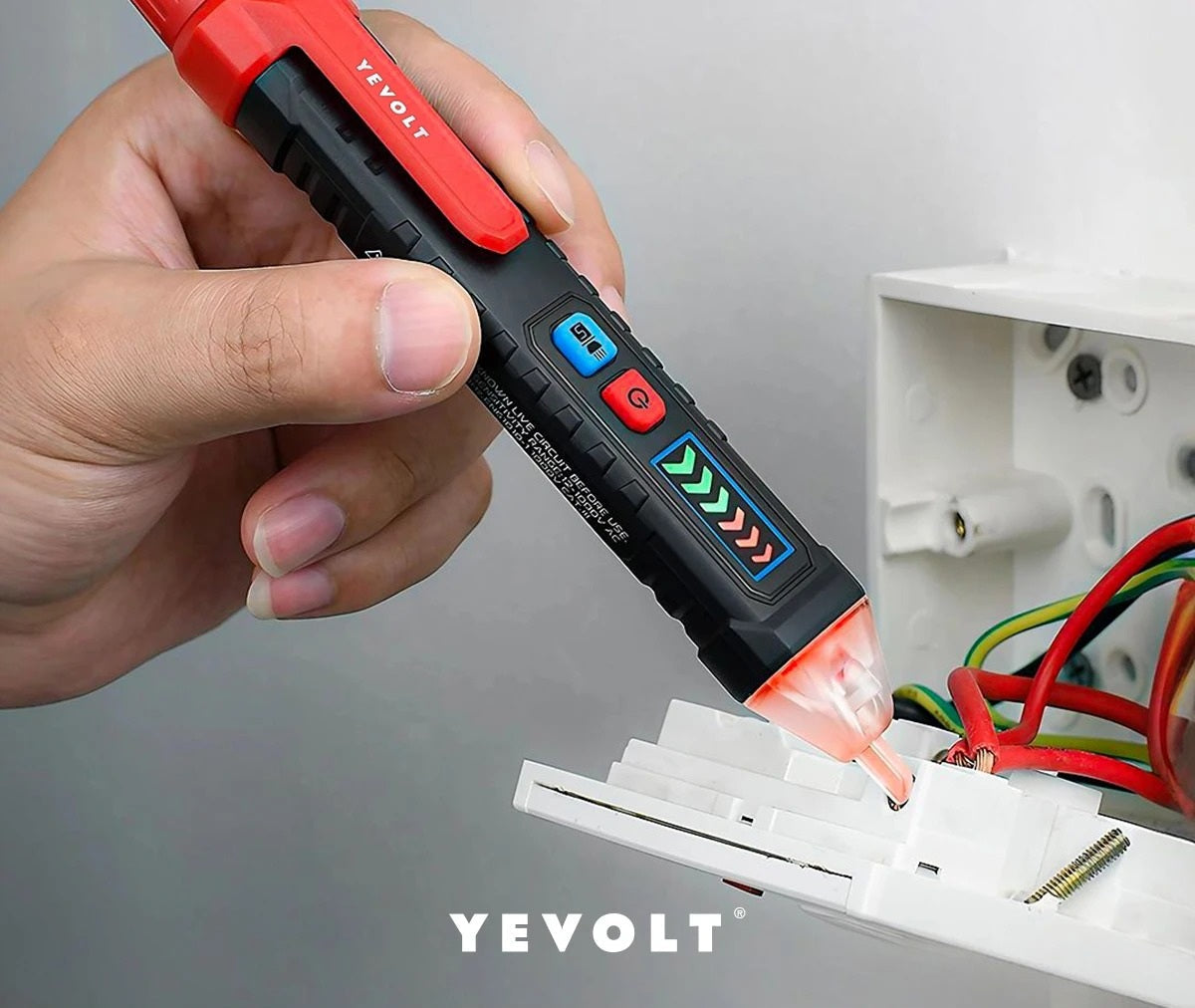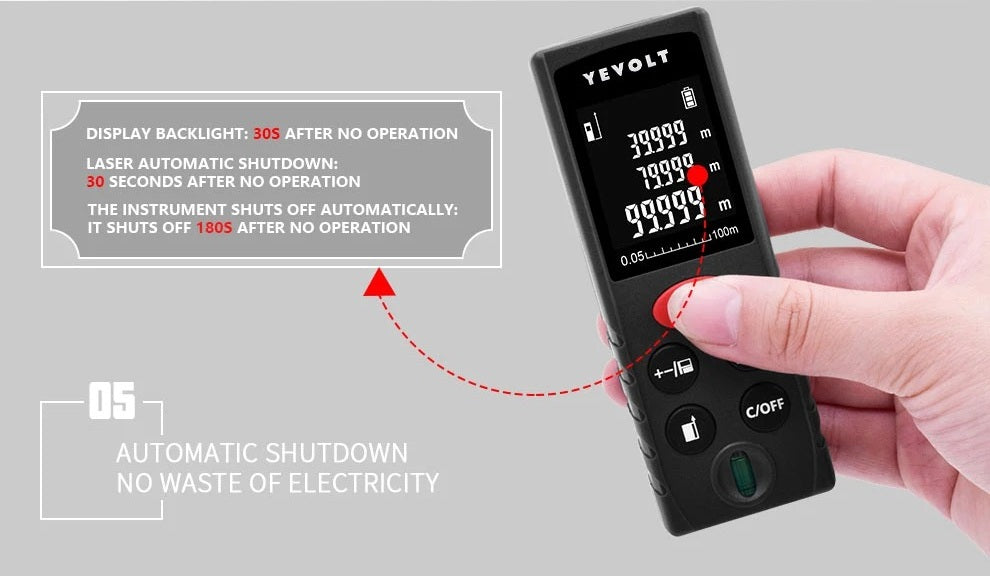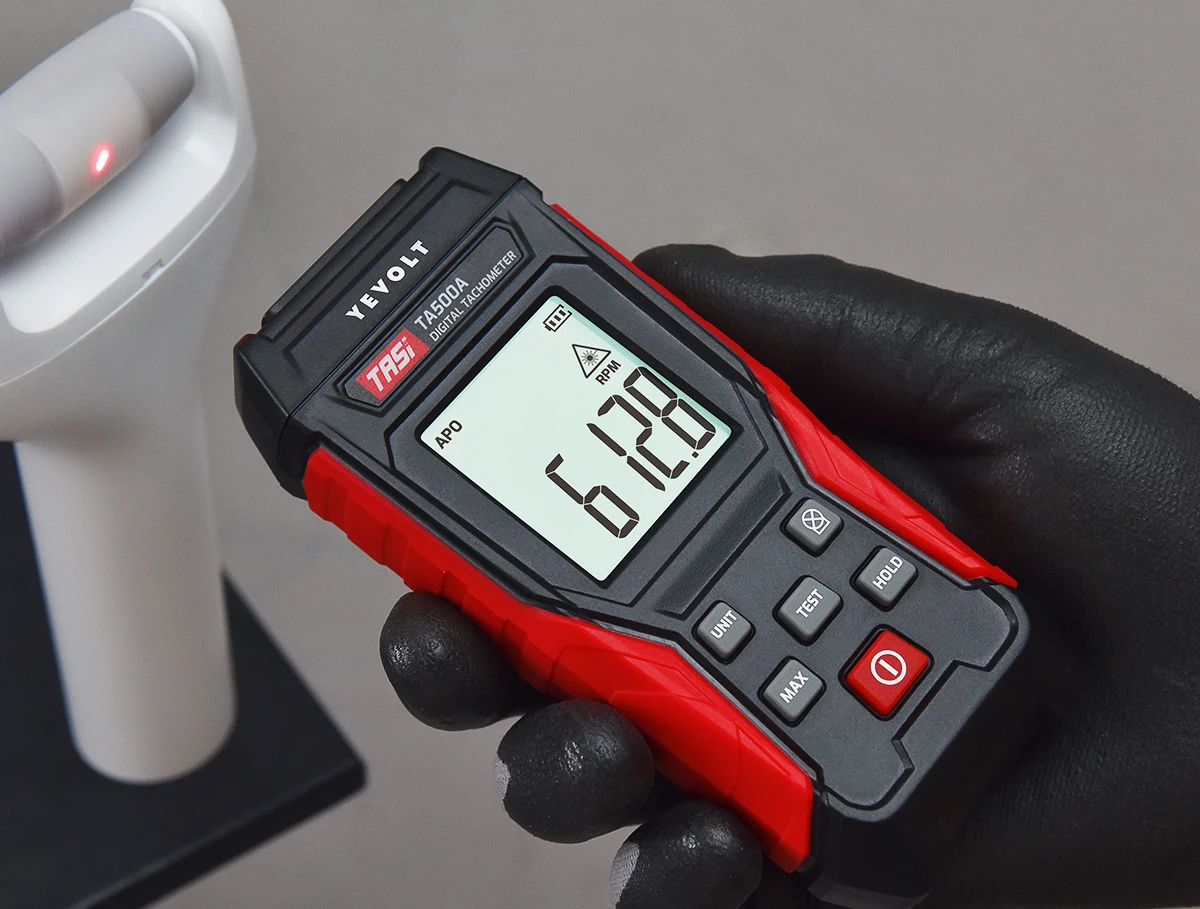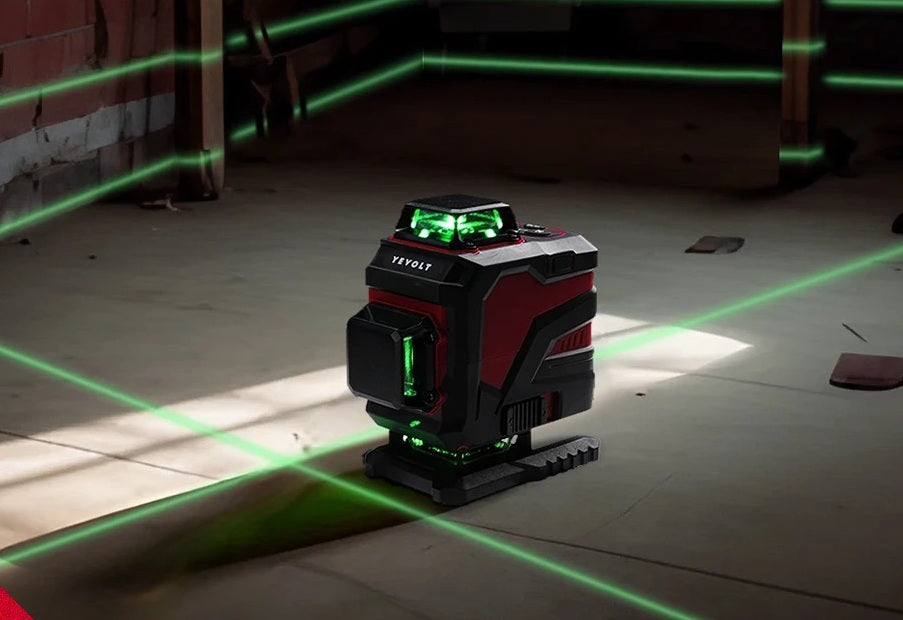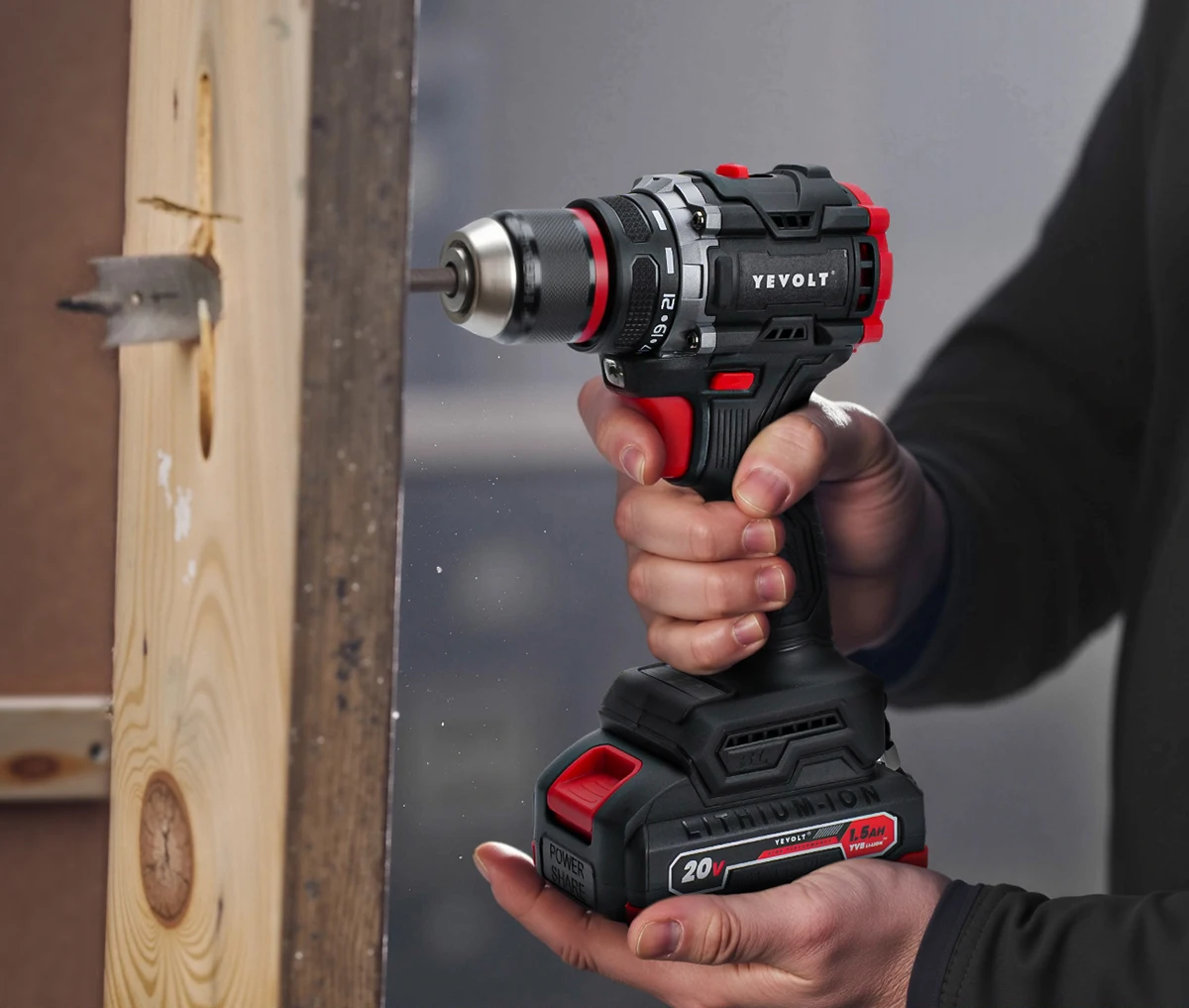Corded vs Cordless Power Tools 2026

Share
When it comes to choosing power tools, one of the first decisions every DIY enthusiast, contractor, or professional builder faces is whether to go corded or cordless. I’ve worked with both extensively, and let me tell you—each has its strengths and weaknesses. In this post, I’ll break down the differences between corded and cordless power tools, share my real-world experience, and help you make the right call for your next project.
Before we dive in, let’s set the stage: corded power tools, known for their consistent performance and unlimited power supply, have been the industry standard for decades. Meanwhile, cordless tools, powered by lithium-ion batteries, are redefining jobsite flexibility and convenience.
If you’ve ever wondered whether corded power tools still outperform their cordless counterparts, or if modern battery technology has finally closed the gap—this guide will clear things up. You’ll discover how factors like power output, runtime, torque, portability, and maintenance come into play. Let’s get started and figure out which side wins the corded vs cordless power tool debate once and for all.
Best Power Tools | Shop YEVOLT Best Sellers Now
The Power Difference: Why Corded Tools Still Dominate Heavy-Duty Jobs
When I’m tackling a demanding project—say, drilling into thick concrete or cutting hardwood—a corded tool still feels like the reliable workhorse. The reason is simple: corded tools draw direct power from an outlet, which means no fluctuations, no downtime, and no running out of juice.
Unlimited Power Supply and Consistency
A corded drill or saw delivers steady torque and RPMs throughout the entire job. You don’t have to worry about the battery dying mid-task or losing power as it drains. This makes corded tools ideal for long-duration or high-torque applications like grinding, planing, or mixing materials.
Better for Workshops and Stationary Work
If you work primarily in a fixed location—like a garage, woodshop, or fabrication bench—corded tools are your best friends. They’re usually more affordable upfront, and you can focus entirely on performance and precision without thinking about battery swaps or charging schedules.
However, there’s one clear drawback: mobility.
2 Line Lasers | Shop Now

Hammer Drill | Rotary Lasers | Laser Distance Meter | Multimeters | Clamp Meter
Freedom to Move: Why Cordless Power Tools Are Changing the Game
The rise of cordless technology—especially advanced lithium-ion batteries—has revolutionized how I work on job sites. Cordless tools have become my go-to for tasks that demand mobility, speed, and efficiency.
Portability and Convenience
When I’m moving between rooms, climbing ladders, or working outdoors, there’s nothing better than a cordless drill, impact driver, or reciprocating saw. No cords to trip over, no need to hunt for outlets. Just grab, go, and get it done.
Battery Innovation: Longer Runtime, Faster Charging
Thanks to modern brushless motors and smart battery management systems, many cordless tools now rival corded ones in performance. Some high-end 18V or 20V MAX tools can deliver enough torque and speed to handle professional-grade applications. I’ve personally used YEVOLT cordless impact wrenches that easily handle automotive and structural jobs without any drop in power.
Still, battery life remains a factor. If you’re using a tool continuously for hours, you’ll either need spare batteries or a charging rotation system.
Cordless Drills | Shop Now
Network Cable Tester | Brake Fluid Tester | Paint Thickness Meter | Stud Finder | Thermocouple Thermometer
Comparing Corded and Cordless Power Tools: Key Factors
Let’s break down the corded vs cordless decision based on the most important aspects.
1. Power Output
-
Corded: Offers constant power and is ideal for demanding applications.
-
Cordless: Greatly improved but still limited by battery voltage and capacity.
2. Runtime
-
Corded: Infinite runtime as long as there’s electricity.
-
Cordless: Depends on battery life and charging cycles.
Infrared Thermometers | Shop Now

Hygrothermograph | Moisture Meter | Illuminometer | Anemometer | Sound Level Meter
3. Portability
-
Corded: Restricted by cord length and outlet availability.
-
Cordless: Completely mobile—ideal for remote or tight workspaces.
4. Maintenance
-
Corded: Minimal maintenance beyond cord care.
-
Cordless: Requires battery management and periodic replacements.
5. Cost
-
Corded: Usually cheaper upfront.
-
Cordless: Higher initial cost but increasing long-term value thanks to battery platform compatibility (one battery fits multiple tools).
My Recommendation: Choose Based on Your Workflow
After years in the field, my rule of thumb is simple:
-
For heavy-duty, stationary, or long-duration work – go corded.
-
For mobile, quick, or flexible tasks – go cordless.
If you’re just building your toolkit, I recommend starting with a corded tool for reliability and gradually investing in a cordless ecosystem for convenience. YEVOLT’s modular battery platform makes this easy—you can use the same battery pack across drills, saws, and grinders.
Pro Tip: Hybrid Approach for the Best of Both Worlds
In my experience, the most efficient setup is a hybrid toolkit. I keep corded tools in my workshop for precision and endurance, while my cordless YEVOLT tools travel with me to every job site. This combo ensures I’m never limited by power or mobility.
Best Corded Tools to Own
-
Hammer Drill
-
Angle Grinder
-
Table Saw
Best Cordless Tools to Own
-
Impact Driver
-
Circular Saw
-
Multi-Tool
Laser Levels | Shop Now
Final Thoughts: The Future Is Cordless—But Corded Still Matters
As battery technology continues to evolve, cordless tools are inching closer to becoming the new standard. The latest brushless motors, fast-charging systems, and smart energy management make them stronger and more efficient than ever before.
That said, corded tools still have a place for professionals who demand maximum power output, continuous runtime, and zero interruptions. It’s not about choosing sides—it’s about knowing when each tool shines.
So, whether you’re upgrading your workshop or building your first set of YEVOLT power tools, remember this: it’s not just about power—it’s about productivity, precision, and performance. And in that sense, both corded and cordless tools are indispensable allies in any craftsman’s arsenal.
Voltage Testers | Shop Now
